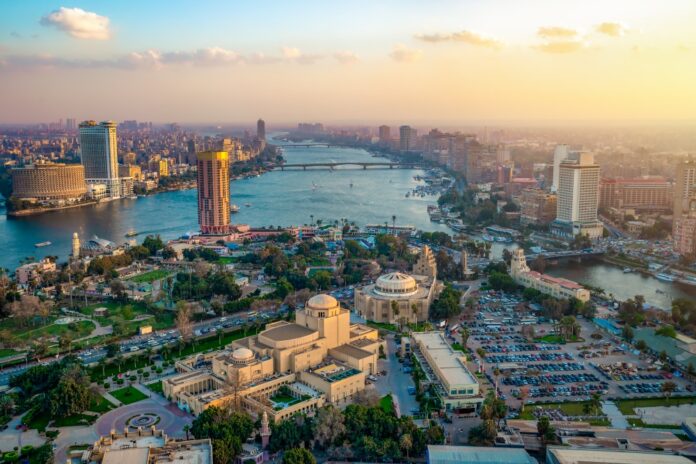Open system will speed the process of financial inclusion and economic development across Africa
Orange Middle East and Africa is installing Ericsson’s Mobile Financial Services in phases across fourteen of the countries in its Orange Money footprint, starting with Senegal.
Orange Money has grown rapidly since it was launched in 2008. The service is now available to more than 60 million subscribers in seventeen countries across Africa and the Middle East, where it has facilitated more than €62 billion in transactions in 2020, reports Africa Briefing.
The offering provides financial services through a ‘flexible and simple’ mobile phone interface, without the need for a bank account. Orange Money says its customers can securely store, transfer and withdraw money and pay merchants and utility providers, along with most of the essential financial services we might expect from a bank.
Ericsson’s Mobile Financial Services are built on open architecture and Orange claims they will provide a more agile and compliant IT platform for the high performance needed to support a flow of transactions that may need to be ramped up at short notice.
Mobile banking boosts economies
By strengthening Orange’s core mobile money platform, Ericsson will help promote financial inclusion and economic development across these countries, it claims.
More than 300 million people worldwide currently use Ericsson’s Wallet systems for banking on the phones supplied by Africa’s mobile operators.
“Stable, secure, reliable and compliant mobile financial services are fundamental to building the foundations of economic growth for many people in Africa,” said Alioune Ndiaye, Chairman and CEO of Orange Middle East and Africa. “As we continue to work to support our customers and enhance the services offered to them, Ericsson’s financial services platform can expand our ecosystem and achieve our vision of financial inclusion in Africa.”
“This anchors Ericsson’s technology leadership position in offering the most advanced and innovative mobile financial services and further contributing to the economic development of Africa,” said Fadi Pharaon, president of Ericsson Middle East and Africa.



